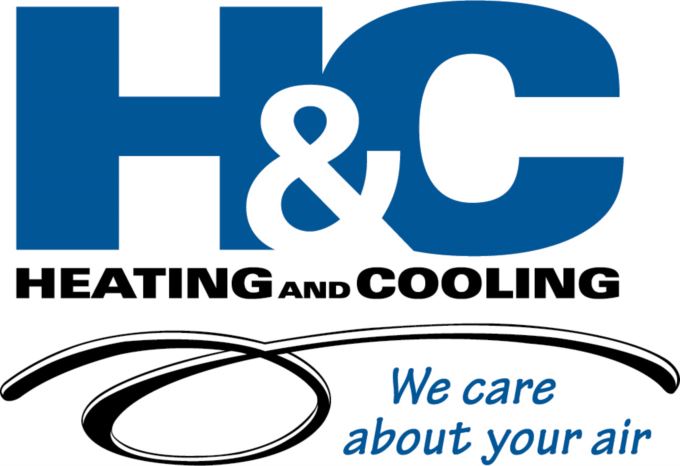
If you’re uncertain whether your Laurel home has bad indoor air quality (IAQ), it likely does.
We are indoors a lot. As a matter of fact, we’re indoors up to 90% of the time, according to the U.S. Environmental Protection Agency. And the air inside houses could be 2–5 times worse than outdoors, which could create long-term health concerns.
Most Common Sources of Poor IAQ
We’ve put together a list of the most ordinary sources of poor IAQ, the problems they make and how you can fix these indoor air pollutants. If you’re troubled by the air inside your house, we suggest chatting with a professional like H&C Heating and Cooling about which products are best for your family.
Volatile Organic Compounds
Volatile organic compounds, or VOCs, are fumes leaked by regular household items.
They’re found in paint and stains as well as:
- Furniture
- Carpet
- Building materials
- Cleaning products
- Cosmetics
- Air fresheners
- Candles
When these vapors accumulate inside, they may irritate your eyes, nose and throat. They might also cause headaches and nausea. Regardless of whether your home is in a rural or industrial area, an EPA study found indoor levels of these pollutants can be 2–5 times greater than the air outside your home.
Always use the manufacturer’s directions when applying paint or spraying cleaning products. Opening a window can help odors disperse faster.
Air purification systems can also improve your air. This system partners with your heating and cooling system to improve indoor air. When hunting for one, ensure it’s specifically created to eradicate VOCs.
Dust and Pet Dander
Dust and pet dander can irritate health problems like asthma and allergies, especially when it continuously gets redistributed by your home’s comfort equipment. While you can vacuum more regularly and get an improved air filter, an air filtration system could be a better fit.
This solution hooks to your heating and cooling equipment to deliver powerful filtration. Some kinds have hospital-level filtration for getting rid of particles and bioaerosols.
Lasting Odors
Newer homes are securely sealed to boost energy efficiency. While this is fantastic for your utility costs, it’s not ideal for your IAQ.
Stale odors can hang around for a greater amount of time as your house is pulling in reduced fresh air. Because keeping your windows open all the time isn’t a possibility, here are two approaches you can make your indoor air smell better.
An air purification system is placed in your ductwork to neutralize odors before they get released again. Look for one with a carbon filter and the capability to break down dangerous VOCs. These units can also help keep your family healthy by wiping out most bacteria and normal allergy triggers like pollen and mold spores.
A ventilation system removes musty indoor air and substitutes it with clean outdoor air. There are two types of units (heat recovery and energy recovery), so check with our professionals for more details on which type is ideal for your house.
Uneven Humidity
It’s essential your residence’s humidity remains even. Air that’s too moist can cause mold, while dry air can create respiratory issues.
Our professionals suggest 40–50% for top comfort. To keep yours in balance, think over getting a whole-home humidifier or whole-home dehumidifier with your heating and cooling unit.
Instead of having to drag a humidifier from room to room, this solution delivers balanced humidity around your house.
Carbon Monoxide
Carbon monoxide is colorless gas you can’t smell. It’s caused by insufficient combustion in fuel-burning equipment, like gas heating systems, water heaters or fireplaces.
It poses a serious health risk. In small levels, it can cause flu-like symptoms like headaches and nausea. It can be deadly in big concentrations.
We recommend regular furnace maintenance to ensure your unit is working properly. This service allows our pros to spot issues before they begin, including malfunctions that can create carbon monoxide leaks.
The best way to keep your residence free of carbon monoxide is to put in detectors. These alarms must be on every floor near bedrooms and living areas.
Enhance Your Home’s Air Quality with the H&C Heating and Cooling Pros
Informed that your residence has bad air quality but not sure how to enhance it? Or unsure which solution is right for you? Give our friendly HVAC experts a call at 301-960-3247 or contact us online now. With free estimates and expert service, we’ll help you find the best option for your needs and budget.
